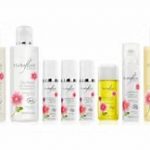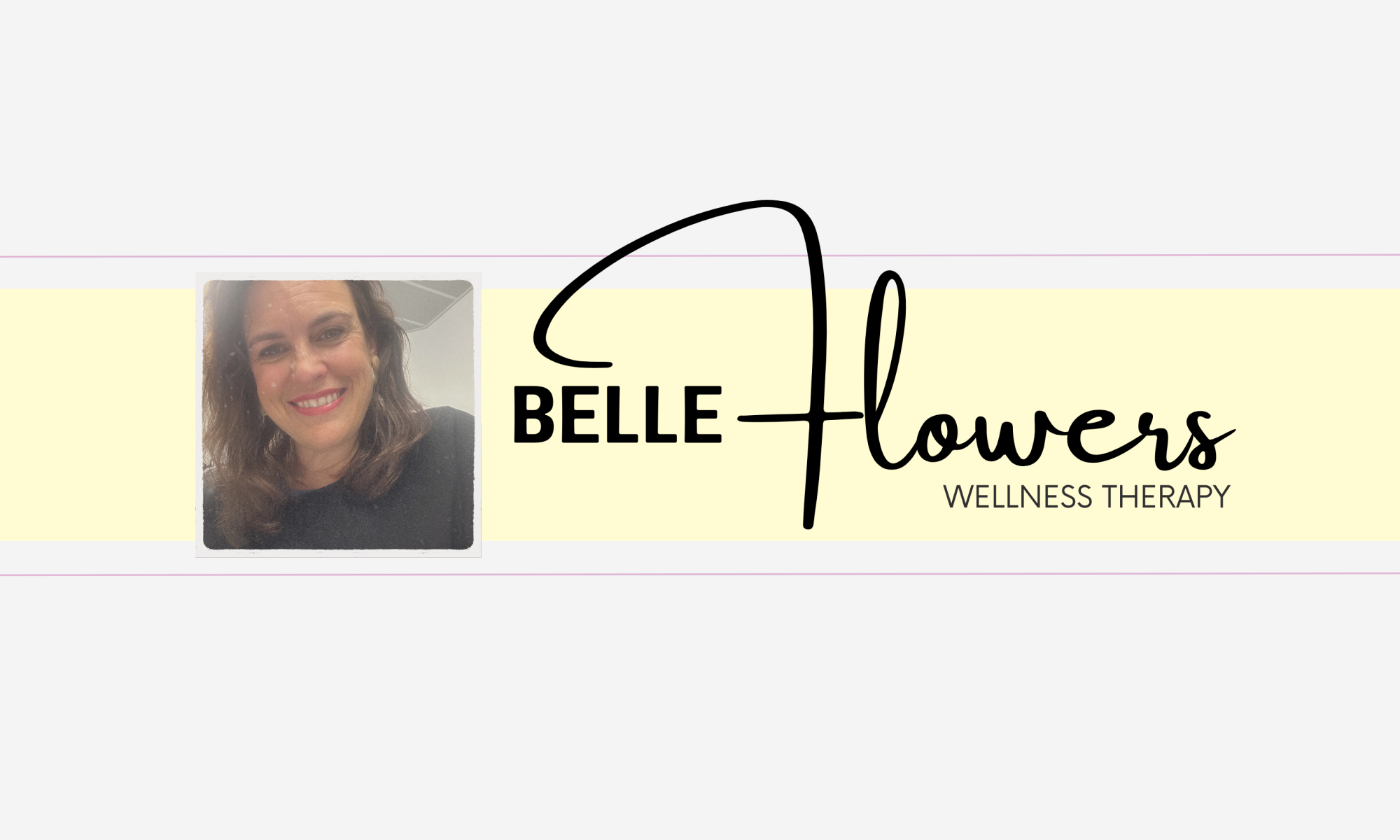 After a conversation with a pregnant mama the other day, I got to wondering how many other soon-to-be-mamas out there are wondering about skin care and the questionable ingredients contained in these little (expensive) bottles of goodness (or crap)???
After a conversation with a pregnant mama the other day, I got to wondering how many other soon-to-be-mamas out there are wondering about skin care and the questionable ingredients contained in these little (expensive) bottles of goodness (or crap)???
I have had a romance with skin care since I completed my Beauty Consultancy diploma after dropping out of uni (double degree in Psych and Sociology – OMG my parents were not happy!) and then began working on counters in David Jones and Grace Bros for Clarins, Yves Saint Laurent, Calvin Klein and Face NY. (Yes, I did drop out of uni for this!) I had always been modelled exceptional skin care habits from my mum, and so I was easily able to share my personal and learned knowledge with women who hadn’t been fortunate enough to know the cleanse-tone-moisturise routine from an early age. (My mum has THE MOST BEAUTIFUL skin at the age of 70. I tell you, it is NEVER too late to start looking after your skin in an intentional and intelligent way.)
I thought I would share my thoughts here on this forum just in case you were wondering what on earth is safe and what you should avoid at all costs during these precious months of incubating and feeding.
Basically there are some standard ingredients that are worthy of avoidance during your pregnancy – the reason being, there are no tests or research performed, as no pregnant woman in her right mind would offer herself as a guinea pig.
Ingredients to Avoid:
Retinoids in all forms (Seen listed as Retinol, Retin-A, Retinoic Acid in products)
Vitamin A: Retinoids are derived from Vitamin A – so many suggest avoiding it too. Unless they come from natural sources.
BHA or Beta Hydroxy Acid
Salicylic Acid
Lactic Acid + Glycolic Acid
Dihydroxyacetone: This is the ingredient used in self tanners and again, some sources say to avoid others say its ok. But honestly, I think you can handle being “white” for 9mths, rather than risk your bub being fed these ingredients? Right?
You also need to avoid using skin care that is reactive – usually containing essential oils or other reactive ingredients. When you are pregnant you may suddenly develop the most stunning, glowing skin (not often actually) or you may experience breakouts like a teenager and hate looking in the mirror for 9mths. Hormones. Plain and simple. And stress. And worry. And binge eating on chocolate or ice cream or Maccas will do it too. Oh and deciding to buy/sell/renovate a house will do it to you as well. Don’t say I didn’t warn you.
The Best Skin Care Products to use:
Products that are designed to work in synergy – no it isn’t a marketing ploy, it is ALWAYS best to use ONE BRAND of skin care and not chop and change. The reason? They are designed to work together to create glorious magick on and in the skin. If you can avoid it, don’t buy different products from different ranges. Choose one. Love it and stick to it.
Choose products that are deeply soothing – pregnancy can cause sensitivity all of a sudden. And if it does, it will usually last up to around 2yrs postnatal – at which time you may be having an other baby, so choose a brand that is solid, and reliable and has a proven track record.
If you happen to get angry breakouts then you may need to speak to a beauty therapist who is trained in helping skin to calm down.
Remember you still need to exfoliate, but maybe not as often, or as firmly. Exfoliation is IMPERATIVE for keeping the skin hydrated and balanced. If you have a build up of gunk and dead skin, then your moisturiser won’t sink in as easily and your make up won’t sit perfectly flat. So be sure to get a facial once per month and use a home exfoliator at least once per week. You will use less serum and moisturiser if you do this.
Speaking of serums…..they are reaaaallllyyy important. These beauties are the healer of the skin. So you will use them most often at night, and they will go to work while you sleep (or toss and turn, or get up to go to the toilet umpteen times).
Moisturisers are necessary. As are cleansers. Don’t fool yourself into thinking you can get away with using soap and water well into your 30’s…as your “skin routine”. It won’t work, and you will be avoiding photos or mirrors from age 35 onwards if you persist in this.
Cleansers will remove make up and pollution that sits on the skin. Whilst also beginning the hydrating process. Moisturisers s go down in the layers of skin and will help store water – which will plump the skin and reduce lines and wrinkles. Soap is drying and will cause more wrinkles and decrease the quality of the skin.
If you are really dry, then a soothing masque is a good investment to use weekly. Most people in the area of Sydney I live in are not super dry unless they are a Flight Attendant, or work in air con all the time, or sit on the beach in the sun for hours and hours each week. IF this is you, then make sure you choose your monthly self-care ritual to include a hydrating masque as part of the treatment. Otherwise, just have a monthly or quarterly facial and this will be all you need as an added hydra boost.
Why I choose Hydraflore:
I choose Hydraflore for my clinic and for my personal use. Nope, I’m never having a baby again (i think 3 + 2 is enough) but I can still use and enjoy this gorgeous, soothing and hydrating line of skin care. In fact my hubby and I have been using it for years because it works. And it is gentle, and doesn’t smell too girly.
The ingredients are Eco Certified and Organic – according to European standards. Which means that all ingredients must be natural origin and at least 95% must be certified organic. Very different standards to here in Australia.
There are no silicones, or fillers that will clog the skin, or seep into deeper layers and then have to be dealt with by the liver as a toxin.
Hydraflore was created specifically for pregnant or reactive/sensitive skins, so you can be sure this range will be super gentle – yet effective for you.
Beauty Oil is the stand out product in this range, and doubles as a massage oil, facial serum and stretch mark fighter. Why wouldn’t you use this product?
I personally used this oil after I had an “age spot” removed from my forehead (I cannot believe I had an age spot at age 36yrs!) I used a dab of this oil 4 times per day, along with Hydraflore Firming serum and there is NO scarring and you cannot even see where it used to be.
Hydraflore is the real deal. Don’t be fooled by marketing, and don’t get wowzed by the scammers that are putting “organic” on their products without having the proper certifications (there are ways around this, didn’t you know?)
For one time in your entire life, pregnancy and breastfeeding is the time you are really careful about the food and water you drink, about your exercise, about your hair dye and definitely you should be careful about your skin care too. Your skin is your biggest organ, it absorbs and filters, and so you need to make damn sure the stuff you put on it won’t make your liver work harder than it has too, or that it won’t allow toxins into the umbilical cord.




